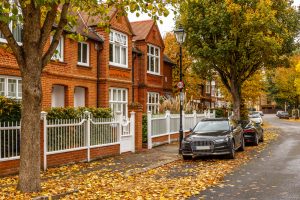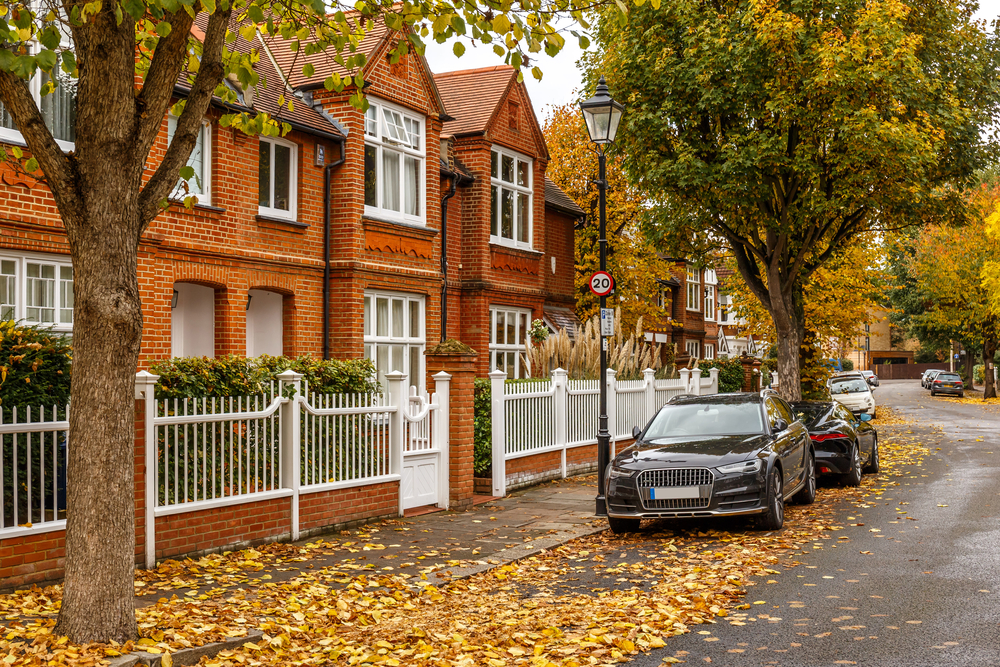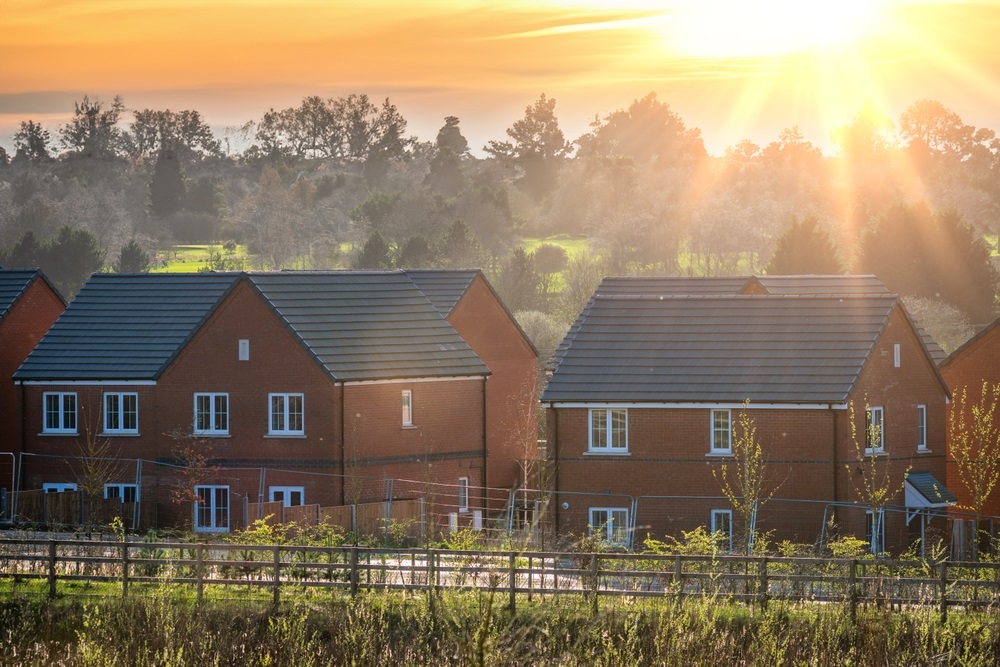The stamp duty holiday may have been a victim of its own success as new data indicates house price rises have outweighed the savings buyers will make on the tax relief.
 Figures released by Halifax revealed house price growth continued in November with an annual rise of 7.6% – the highest since June 2016.
Figures released by Halifax revealed house price growth continued in November with an annual rise of 7.6% – the highest since June 2016.
It elevates the average house price to £253,243 which meant, according to Halifax, the average property had grown in value by more than £15,000 since June. In percentage terms, this is a 6.5% rise since July – the highest on record since 2004.
But while this might be good news for anyone selling a property during this time, it may not bode so well for anyone purchasing.
Indeed, Russell Galley, managing director of Halifax, said it was interesting to note that the stamp duty saving of £2,500 on a home costing £250,000 was now far outweighed by the average increase in property prices since July.
He added: “With mortgage approvals at a 13-year high, the current market continues to be shaped by a desire for more space, the move from urban to rural locations and indications of a trend for more home working in the future.
“And while industry data shows agreed sales and new instructions to sell fell to their lowest in the past five months, both remain at historically high levels and well above seasonal norms.”
Halifax’s data also revealed those properties sold to home movers increased in price annually by a greater amount than those being purchased by first-time buyers – 7.9% and 5.8% respectively.
‘Shift in buyer behaviour’
Nicky Stevenson, managing director at national estate agent group Fine & Country, said today’s figures should be ‘taken with a big pinch of salt’.
“There is no prospect of a stratospheric read-out like this reflecting the true picture for November when it is finally confirmed by the Land Registry in January,” she said.
“That said, there’s no doubt the market has been running a little riot lately and, on paper at least, the average hike in prices since the stamp duty holiday was introduced now eclipses the saving available.
“Such strong reported growth will be partly due to a key shift in buyer behaviour that can be firmly laid at the pandemic’s door this year.
“Since the first lockdown ended, the market has lurched towards larger, more expensive properties and that is puffing up the average sale price, skewing the overall growth rates as a result.”
Stevenson added: “If the economic outlook and labour market deteriorate, with a no-deal Brexit still very much on the cards, this could prompt a larger proportion of buyers than usual to get cold feet and pull out. That’s where a big dent in this growth figure is likely to come from in reality.”














